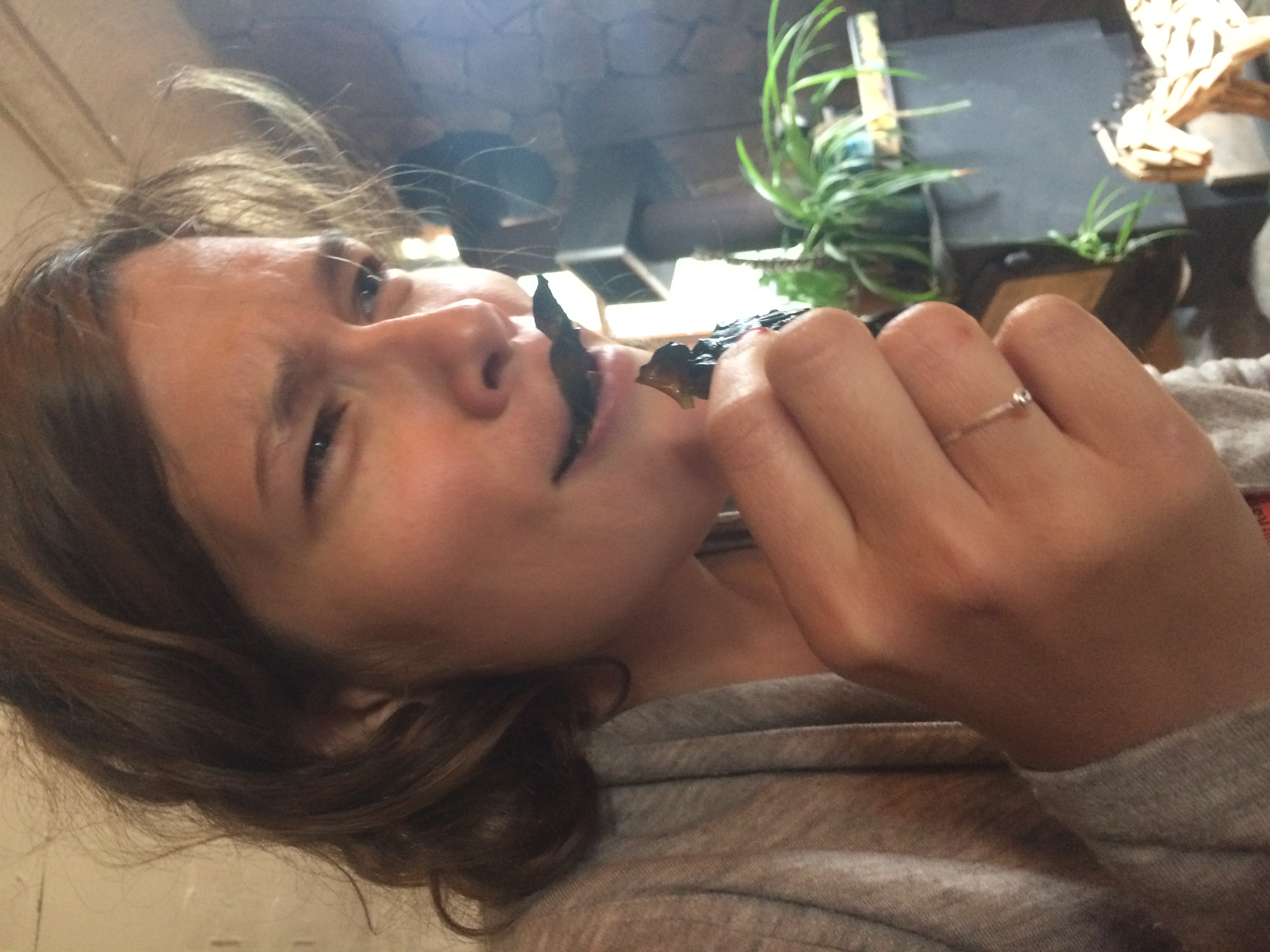By Jane Blanchard
Gardeners often hear tales of woe regarding how fickle and hard to grow tomatoes can be. It’s no wonder that many beginners steer clear, often missing out on a delightful harvest of one of earth’s most versatile fruits. Growing tomatoes takes time and care, but they can grow almost anywhere. Don’t let the rumors about tomato gardening scare you away, these tips will help you gather a bountiful harvest year after year.
Beginners should plant seedlings instead of trying to start the plant from seed. When choosing your seedling, don’t be fooled by a lush green plant. Always check the root system and look for strong, healthy roots. Choose seedlings without flowers on them and pinch off any flowers that you may see. Don’t try to plant tomato seedlings until the soil has reached 50 degrees fahrenheit, consistently. This thermometer is just $8.99 and will help you get an accurate reading and know when it’s safe to plant.
Plant your seedlings deep into the ground, “up to their necks” as midwestern farmers would say. This means burying the stems all the way up to the first full leaves. You’ll find allowing them to grow strong deep roots is invaluable to their growth. You may have noticed tomato plants’ tell-tale growing stakes. This is to support the weight of the plant should it grow 3 or 4 feet high. Place the stake a few inches from your seedling on the north side of your sprout. It will prevent the stake from shading your plant. The pole should be around 4 feet taller than the seedling and don’t worry about attaching it with ties until you see the first flowers. When you do see flowers, use rope to tie the stem to the stake and keep it upright and supported.
One expert tip is to use epsom salt as a natural fertilizer. Just dissolve 2 tablespoons into each gallon of water and use the solution at least once a month. When it comes to waterings, you should water your plants deeply but not often. Once every week should be good, or every five days at the height of summer. When your first fruit is ripening, add compost or mulch to your plant’s base to encourage more growth. Prune off any non-flowering branches.
Try to water your tomato plants from above the plant. You want to avoid the stems being soaked in water. When the stems become damp, disease and mold has the opportunity to attack your plant. If you do discover a stem mold, commonly referred to as blight, you can use an organic fungicide to be more environmentally friendly.
Harvesting your tomatoes at just the right time is essential to having a satisfying crop. Most tomatoes will be ready for picking about 60-85 days after the seedling was planted. You may continue to enjoy a crop from your garden all the way until frost. You will know that your tomato is ripe when the fruit has turned one solid color. For example, for a red varietal, if you notice that the fruit is all red except one shaded spot is still yellow, it’s not ready. It should be just a little bit soft when squeezed. Once you notice these identifying traits, go ahead and pluck your tomatoes. Once pulled off the vine, tomatoes no longer have a source of oxygen, so you may only have a week or so before they go bad. Contrary to popular belief fresh tomatoes are not well stored in the fridge. If you need to keep your tomatoes for any period of time, core them and store them in a freezer. Thaw them out when you’re ready and turn them into an amazing sauce or bloody mary mix.
For more tips and tricks, head to Modernize.com.










































